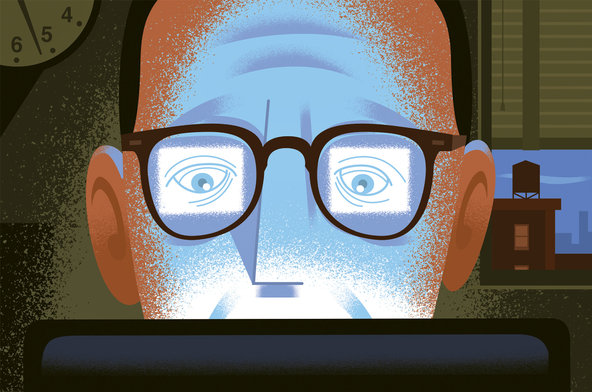As the holy month of Ramadan approaches, it’s crucial to recognize the intersection of faith and health, particularly for individuals with diabetes. While fasting holds significant spiritual significance for Muslims worldwide, it’s essential to prioritize health and well-being, especially for those managing chronic conditions like diabetes.
For individuals with diabetes, fasting during Ramadan can present significant challenges and potential health risks. The extended period of fasting, coupled with disruptions to meal and medication schedules, can lead to fluctuations in blood sugar levels, increasing the risk of diabetic complications.
One crucial aspect of managing diabetes during Ramadan is recognizing when it’s necessary to prioritize health over fasting. Islam provides provisions for individuals with health conditions that make fasting unsafe, emphasizing the importance of preserving one’s health above all else.
If fasting poses a significant risk to your health, including the exacerbation of diabetic complications, it is permissible to abstain from fasting and make up for the missed fasts at a later time. This allowance ensures that individuals with diabetes can prioritize their health without compromising their faith.
Consulting with a knowledgeable religious scholar or healthcare provider can provide guidance on whether fasting is safe based on individual health circumstances. It’s essential to have open and honest discussions with healthcare professionals to make informed decisions about fasting during Ramadan.
Choosing to abstain from fasting does not diminish one’s devotion or commitment to faith; rather, it reflects a deep understanding of the importance of preserving health and preventing harm. It’s a decision rooted in both religious teachings and the principles of self-care and responsibility.
During Ramadan, let’s prioritize compassion and understanding towards individuals managing chronic conditions like diabetes. Let’s create a supportive environment where individuals feel empowered to make informed decisions about their health while still participating in the spiritual significance of the holy month.
Observing Ramadan safely and responsibly involves striking a balance between spiritual practices and health considerations. By prioritizing health and well-being, individuals with diabetes can fully participate in the blessings of Ramadan while safeguarding their long-term health. #Ramadan #DiabetesAwareness #HealthFirst





Recent Comments